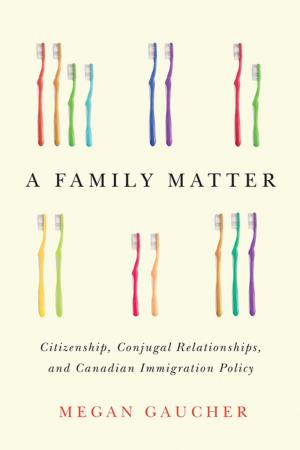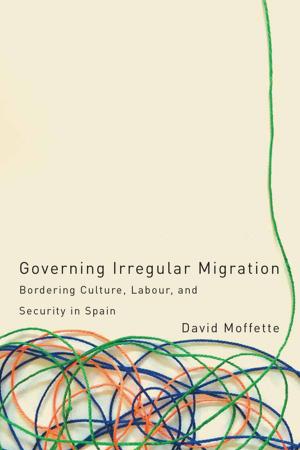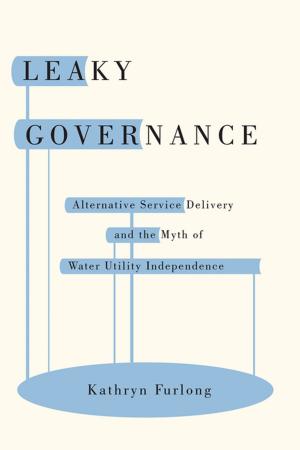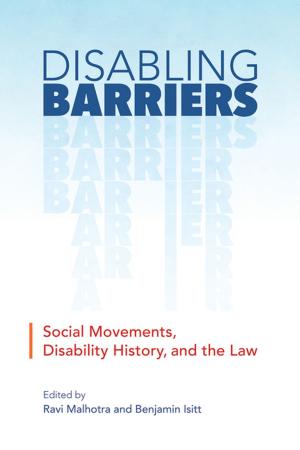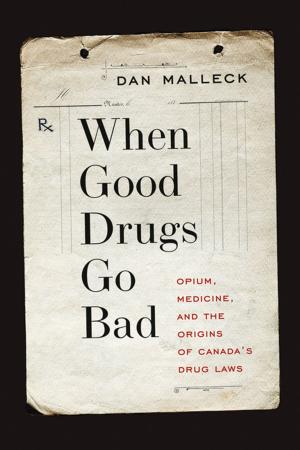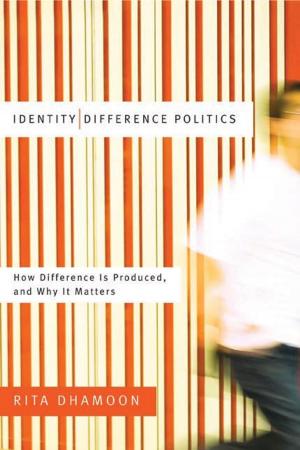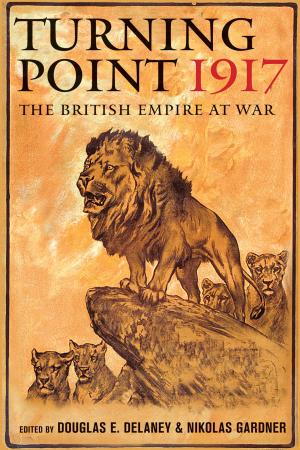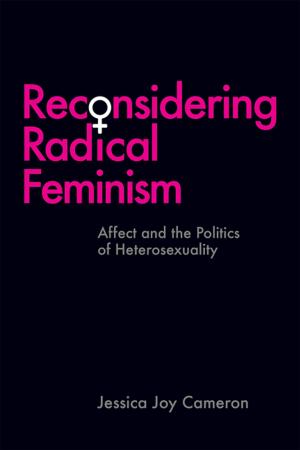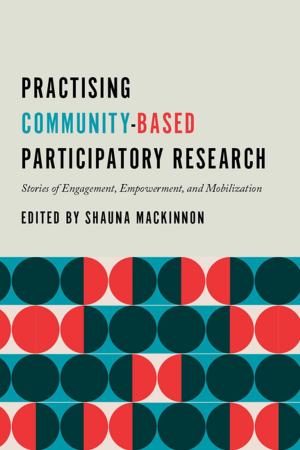The Terrific Engine
Income Taxation and the Modernization of the Canadian Political Imaginary
Nonfiction, History, Canada, Social & Cultural Studies, Political Science, Politics, History & Theory| Author: | David Tough | ISBN: | 9780774836807 |
| Publisher: | UBC Press | Publication: | May 15, 2018 |
| Imprint: | UBC Press | Language: | English |
| Author: | David Tough |
| ISBN: | 9780774836807 |
| Publisher: | UBC Press |
| Publication: | May 15, 2018 |
| Imprint: | UBC Press |
| Language: | English |
The Terrific Engine is the story of how the engine of income taxation profoundly transformed the way people talk and think about politics in Canada. What do we mean by left wing or right wing? This language of a political spectrum came into use in the early twentieth century, when political parties began to distinguish their platforms by offering different approaches to income distribution.
Drawing on heated debates that demonstrated the immense imaginative power of income taxation, David Tough traces the modernization of political language from the 1911 election through the Second World War. It was during this time that a new political imaginary was born, when political parties began to map themselves from left to right based on their ideas about the use of income taxation to fund equalizing social programs.
Countering a strongly held myth that income taxation was imposed on a reluctant public, Tough argues that its introduction is in fact a story of democracy. People first demanded that this new form of taxation replace existing ones, and then that it be used to address income inequality. And, in establishing a clear basis for party differences, income taxation made elections significantly more democratic.
The Terrific Engine is the story of how the engine of income taxation profoundly transformed the way people talk and think about politics in Canada. What do we mean by left wing or right wing? This language of a political spectrum came into use in the early twentieth century, when political parties began to distinguish their platforms by offering different approaches to income distribution.
Drawing on heated debates that demonstrated the immense imaginative power of income taxation, David Tough traces the modernization of political language from the 1911 election through the Second World War. It was during this time that a new political imaginary was born, when political parties began to map themselves from left to right based on their ideas about the use of income taxation to fund equalizing social programs.
Countering a strongly held myth that income taxation was imposed on a reluctant public, Tough argues that its introduction is in fact a story of democracy. People first demanded that this new form of taxation replace existing ones, and then that it be used to address income inequality. And, in establishing a clear basis for party differences, income taxation made elections significantly more democratic.


